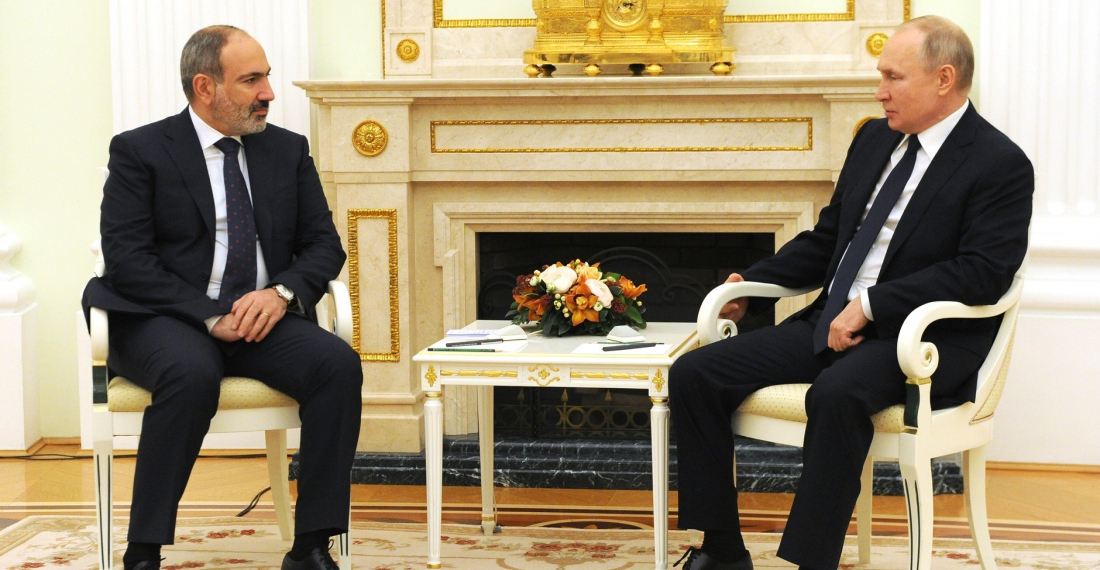The Russian newspaper Kommersant has commented on the recent visits to Moscow by the Armenian prime minister, Nikol Pashinyan, and former president, Robert Kocharian, during which the two – which the newspaper describes as "key political rivals and irreconcilable foes" – had separate talks with Russian President Vladimir Putin.
The Russian factor in Armenia’s upcoming snap parliamentary elections will be decisive if not crucial, the newspaper said. It added:
Putin’s contacts with the key players in the Armenian domestic political struggle are not the only thing pointing to Russia’s stepped up focus on the situation there. It’s important for the Kremlin not just to preserve the peace in Nagorno-Karabakh and Russian peacekeepers, but also to embark on economically restoring the region hit by the conflict. The idea is to unblock transportation links and economic ties, including between Azerbaijan and Armenia.
According to Head of the Yerevan-based Caucasus Institute, Alexander Iskandaryan, if Pashinyan’s goal during his visit to Moscow was to demonstrate that he had tried to free Armenian citizens from captivity and ensure his country’s security thanks to Russia’s support, the Kremlin has its own priorities.
"Moscow wants the process of unblocking transportation links between Armenia and Azerbaijan, which kicked off with its mediation after the war, to go on," he explained. "Russia is sponsoring this process and cannot leave it as it is. Moscow thinks that economic cooperation could ease tensions between the sides and the effort to iron out the Karabakh issue could move forward." In this situation, it’s important for the Kremlin that regardless of the winner, in the event of a lack of an absolute leader, the coalition government won’t break the fragile security architecture, which emerged in the region late last year.
Related content on commonspace.eu: Opinion: In Armenia’s June elections Kocharyan will challenge Pashinyan in a vote largely motivated by hate
Source: commonspace.eu with Kommersant (Moscow) and TASS (Moscow)
Photo: President Vladimir Putin of Russia and prime minister Nikol Pashinyan of Armenia at their meeting in Moscow on 7 April 2021 (picture courtesy of the press service of the president of Russia)






